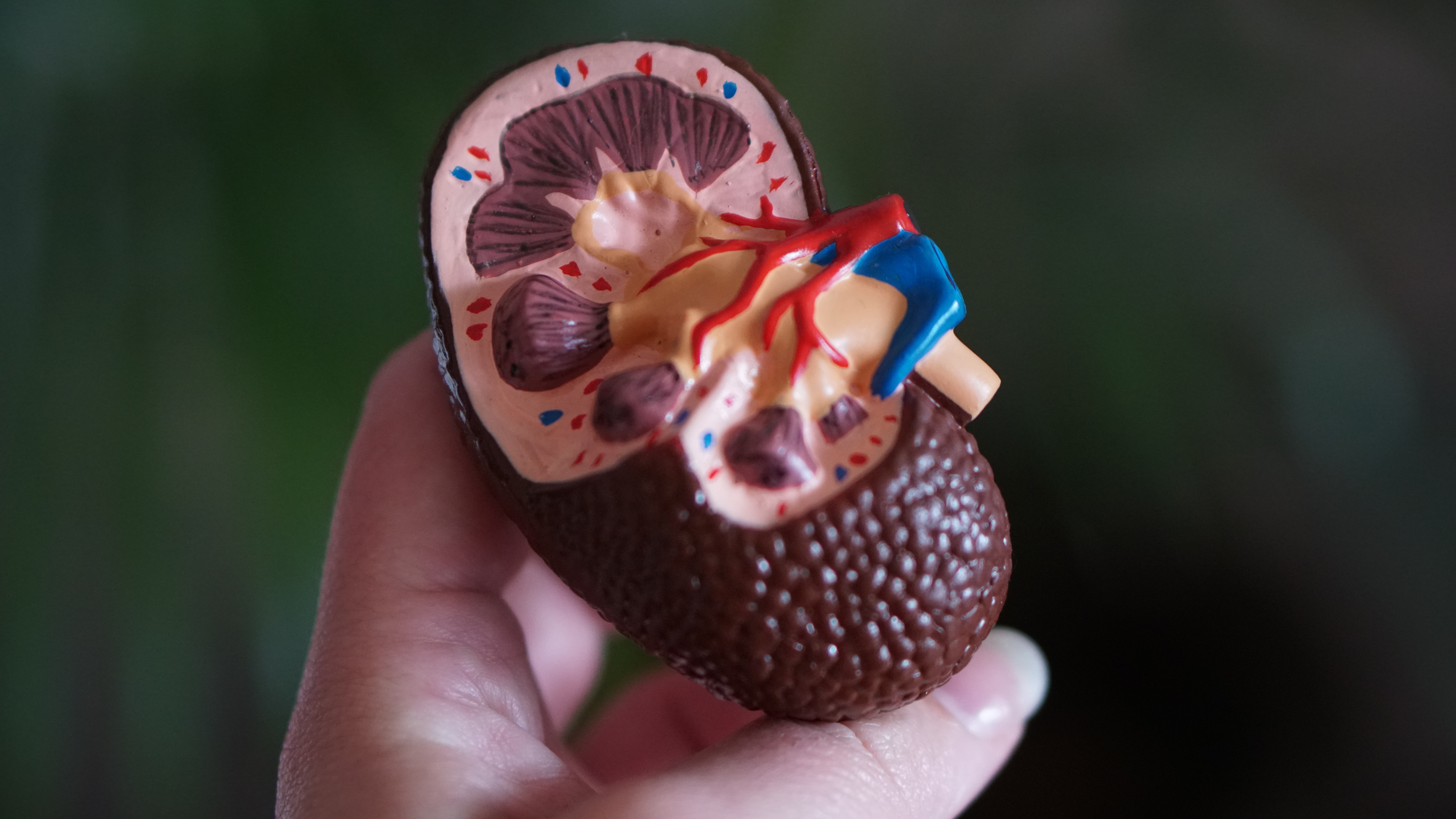Chronic kidney disease - how you can keep your kidney healthy

The kidneys are two bean-shaped organ about the size of a fist located below the rib on each side of the spine. Despite its small size, it served many important function in our body. Kidneys help to remove waste and extra fluid from the body. It also remove acid that are produced by the cells of our body and maintain a healthy balance of water, salt and minerals such as sodium, potassium, calcium and phosphorus in our blood. Without this balance, a lot of important cells such as nerves, muscles and tissue may not work normally. Kidneys also produce hormone that help to regulate blood pressure, make red blood cells and keeping our bones strong and healthy.
Chronic kidney disease or CKD describes a gradual loss of kidney function and emerged as a significant public health burden as it is associated with risk of progression to end stage kidney disease requiring dialysis support. In Malaysia, dreadfully the number of cases requiring dialysis support each year continue to increase and impose a great burden on the healthcare budget. The increasing numbers are attributed by increasing prevalence of chronic diseases such as diabetes, high blood pressure and ageing population in the country.
Risk factors for development of CKD including being older age, diabetes, high blood pressure, heart disease, smoking, obesity and family history of kidney disease. CKD can be caused by various underlying medical illnesses such as diabetes, high blood pressure, inflammation to the kidney’s filtering unit or glomeruli (called glomerulonephritis) or the kidney’s tubules and surrounding structures (called interstitial nephritis) from medication, infection and autoimmune diseases, polycystic kidney disease (PKD), prolonged obstruction in the urinary tract from enlarged prostate, kidney stone and cancers, infection to the kidney (pyelonephritis) and vesicoureteral reflux (a condition that causes urine to go back up into your kidneys).
CKD is a silent disease as most patient do not have symptoms until at much later stage. In fact you can still remain healthy if you donate one of your kidney. This leads to patient being present late and with more aggressive symptoms of chronic kidney disease. Among the symptoms are swelling in the feet, ankles, legs and less often the face and hands, feeling tired, constant headache, decrease mental sharpness, dry and itchy skin, numbness, decrease appetite, weight loss, vomiting, nausea, muscle twitches and cramps, trouble sleeping, chest pain, difficulty breathing especially lying flat, decrease exercise tolerance with activity, decrease urination and sometimes coma.
CKD is a strong risk factor for cardiovascular disease and if it is detected early and manage appropriately, deterioration of kidney function to the end stage can be prevented. So, it is important to visit your doctor regularly to check your blood pressure, weight and BMI and perform health screening to check for diabetes, high cholesterol and your kidney function with blood and urine test.
How can you reduce your risk of developing kidney disease? Here are several tips that you can do to keep your kidneys healthy.
- Maintain a healthy weight. If you are overweight or obese, talk to your doctor about the strategies to lose weight healthily
- Regular physical exercise, aim for 150 minutes per week of moderate intensity
- Quit smoking
- Limit use of alcohol
- Read food labels and choose foods low in saturated fats, cholesterol, salt (sodium) and sugars. Beware of hidden salt and sugar especially in processed foods
- Be careful when taking medication especially pain relief like Aspirin and NSAIDS. Taking too many of these medication could lead to kidney damage and generally should be avoided if you have kidney disease
- Drinking enough plain water throughout the day to prevent dehydration
- Getting enough sleep and reduce stress to reduce your blood pressure
- Manage your medical conditions like diabetes and high blood pressure by keeping it within optimal control . Your doctor will also advise you more about the medication that you can use to slow down the progression of the kidney disease
If you have more questions and would like to get more information about kidney’s health or general health, visit us and talk to our doctor.



